SUMMARY
This is AI generated summarization, which may have errors. For context, always refer to the full article.
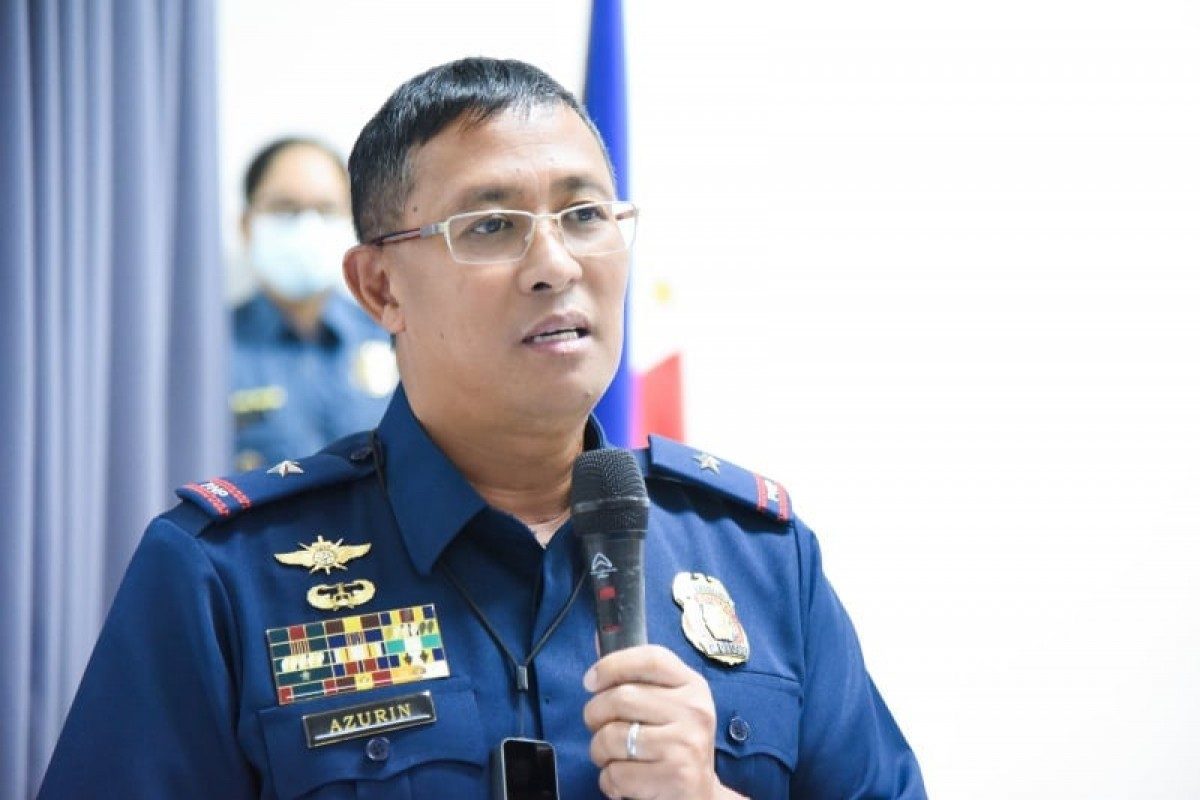

MANILA, Philippines – Newly-appointed Philippine National Police (PNP) chief Police General Rodolfo Azurin Jr., on his first day as chief of the 227,000-strong PNP, announced that he wants to review the police’s drug war operations and seek religious leaders’ help in “reforming” the national police.
The 55-year-old Azurin, President Ferdinand “Bongbong” Marcos Jr.’s first PNP chief, said he plans to review the police’s quad concept in addressing the illegal drug problem under his Malasakit+Kaayusan+Kapayapaan=Kaunlaran (Compassion+Order+Peace=Progress) mandate. The quad concept refers to operation, intelligence, investigation, and police community relations.
“In terms of operation, or our quad concept – which are the operation, intelligence, investigation, and police community relations – shall review the requirements for our police units in the field, as many compliances by our lower units are no longer applicable in some areas,” Azurin said during his speech on Wednesday, August 4.

The new PNP chief provided an example, where the police continue to conduct drug operations in a drug-free area.
“Why do we direct our people to conduct drug operations in areas like the Municipality of Adams, which is cleared of drug users and pushers? Thus, I am directing the quad to come up with a more sustainable concept of operations especially on our war on drugs,” he added.
However, the new PNP chief only mentioned the operations side of the drug war. Azurin did not mention the police’s alleged involvement in drug war deaths, how to specifically address this concern and exact accountability for abuses.
The matrix of cases released by the Department of Justice in 2021 revealed that the PNP kept drug war abuses internal and only imposed light penalties against erring personnel and officers. The same year, the Commission on Human Rights said they found “abuse of strength and intent to kill” in the drug war cases they were investigating.
Seek Church’s help
Under his new mandate for the PNP, Azurin also announced that he will launch the Kasimbayanan (Kapulisan, Simbahan, at Pamayanan) program, which will ask religious leaders to help in “reforming” the police force.
“It also seeks to organize the community as peace advocates to ensure that every citizen is law-abiding. Furthermore, it aspires for church leaders to counsel their members, thereby contributing to reformation,” the new PNP chief said.
Part of the program is a weekly meeting of PNP officers and personnel with life coaches from religious groups. Azurin said the Kasimbayanan program will help them improve the credibility of the police.

“We need the help of the church leaders. If we talk of Metro Manila, aminin natin na mababa ang kredibilidad ng pulis dito sa Metro Manila. Na pag ikaw, ‘yong pulis sinabi niya na gusto niyang magbago, walang maniniwala diyan, ‘di ba?” the police general said.
(If we talk of Metro Manila, let’s admit that police here have poor credibility. If a police officer or personnel says he or she wants to change for the better, no one will believe that, right?)
He added: “That’s why we need to engage the church leaders so that sila ngayon ang taga-convey na ‘Oh, may programa pala ang pulis dito, gusto nilang magbago. Tulungan kaya natin?”
(That’s why we need to engage the church leaders so they will be the one to share sentiments like, “Oh, the police have a program like this, they want to change. What if we help them?”)
Other plans
- Continued anti-insurgency efforts. Azurin announced they will continue their so-called peace programs with the National Task Force to End Local Communist Armed Conflict and the military. The general said they will continue these programs with “more vigor and enthusiasm.” The task force and its former officials became controversial for their red-tagging of government critics.
- Internal cleansing. Just like other PNP chiefs before him, Azurin said he would also implement an internal cleansing program among the ranks of the police. According to him, all police commanders must exercise disciplinary authority among their personnel. If a commander fails to do so, he would be replaced by a “more competent commander,” Azurin said.
- Review of curriculum and training programs. The new PNP chief said he would also order a thorough review of the PNP’s training programs for their recruits, in-service police noncommissioned officers, and police commissioned officers. Azurin also wants a review of the curriculum and medium of instruction used at the PNP Academy. – Rappler.com
Add a comment
How does this make you feel?
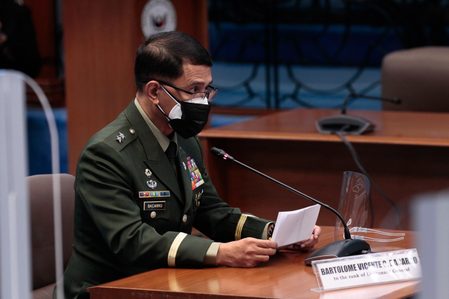
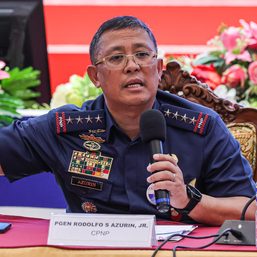
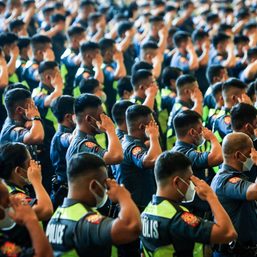
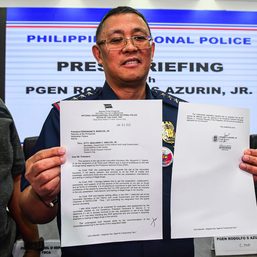
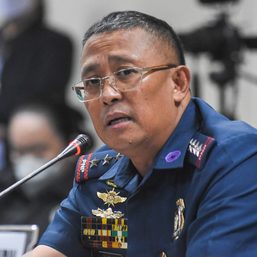





There are no comments yet. Add your comment to start the conversation.